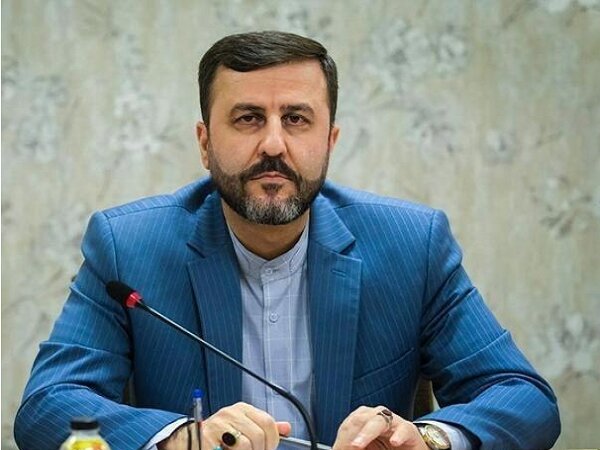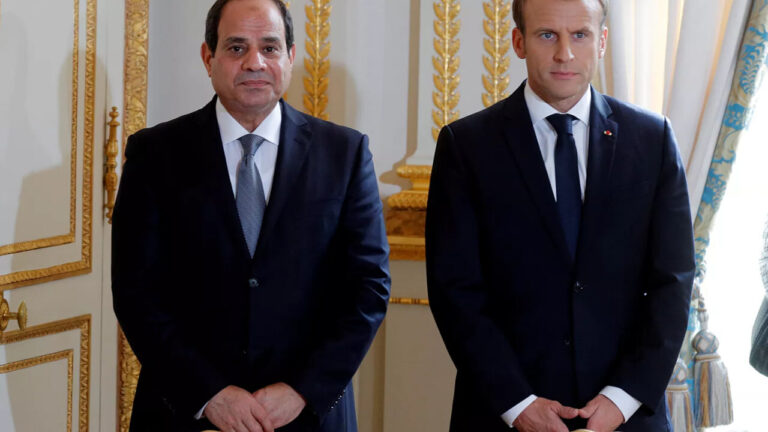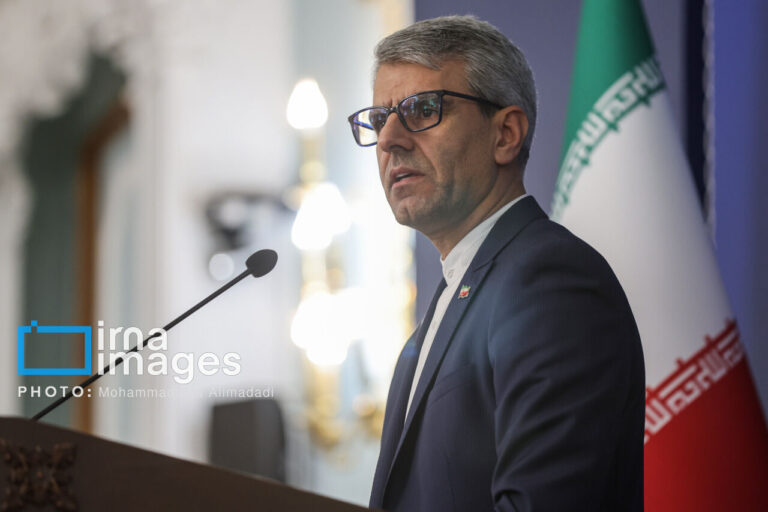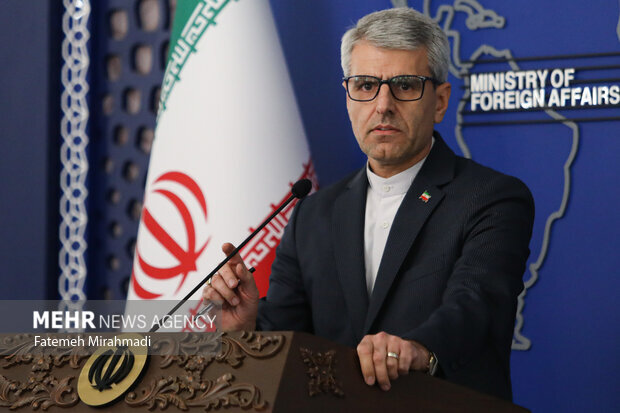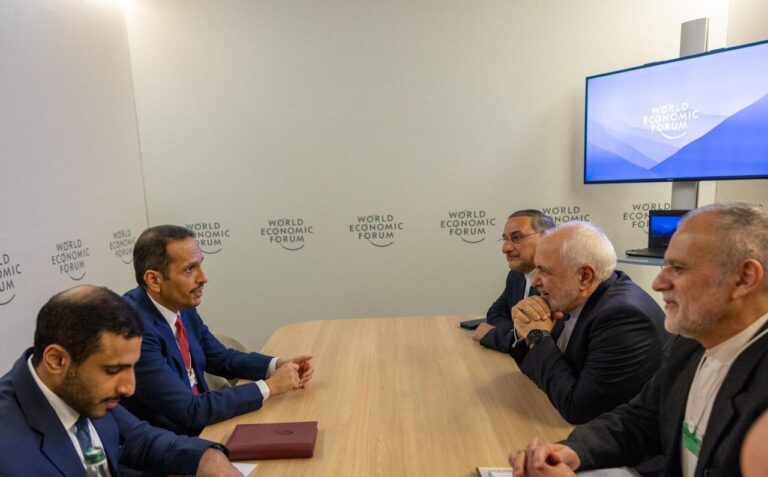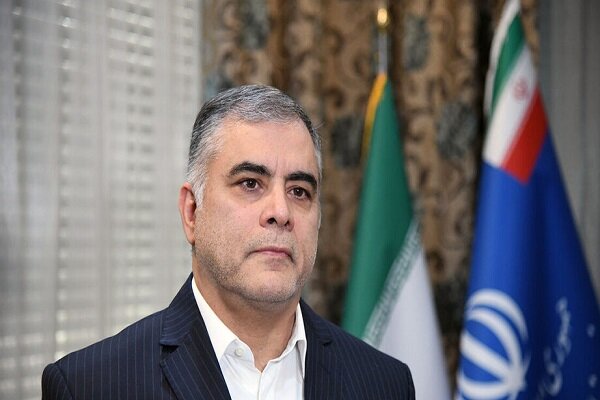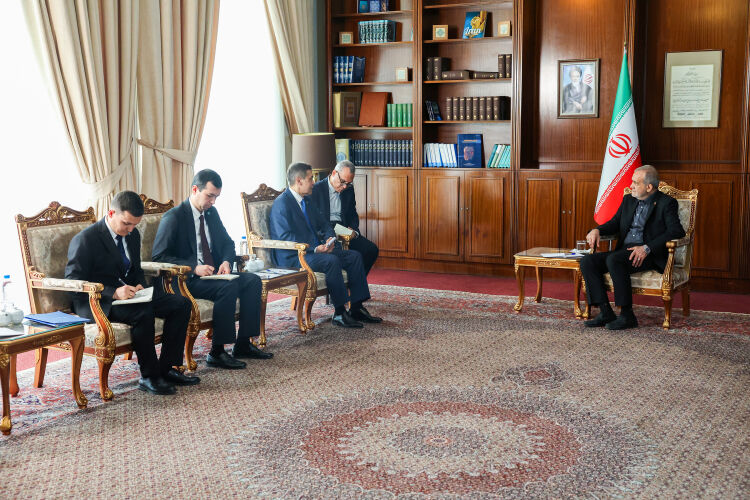Iran Slams UN for Hypocrisy on Human Rights: A Call for Fairness and Accountability
In a significant meeting held in Geneva, Iranian officials criticized the global human rights system, labeling it as riddled with “double standards” and “unfair mechanisms.” This gathering, initiated by Iran, was aimed at countries under the scrutiny of the United Nations Human Rights framework, highlighting the urgent need for reform in this arena.
At the forefront of the discussions was Gharibabadi, who led Iran’s delegation during the 48th session of the Universal Periodic Review (UPR) Working Group. He articulated deep concerns regarding the selective approaches that have come to characterize international human rights practices. His strong criticism underscored how political exploitation has increasingly infiltrated human rights discourse.
Gharibabadi stated, “Countries that claim to champion human rights have imposed challenges on us, such as sanctions and support for terrorism, violating the rights of our people on a massive scale. Instead of being held accountable, they shamelessly accuse us of human rights violations and impose political mechanisms to exert further pressure.” This statement encapsulates the frustration felt by many nations that perceive the human rights agenda as a tool for political leverage rather than a genuine commitment to safeguarding human dignity.
In addressing the dire situation in Gaza, Gharibabadi highlighted that “tens of thousands of people have been killed,” pointing out that those who profess to advocate for human rights have not only failed to act against the Israeli regime but have also extended their support. This contradiction raises critical questions about the integrity of international human rights advocacy and its application in various geopolitical contexts.
Furthermore, Gharibabadi condemned the imposition of political and unjust human rights mechanisms on developing nations. He remarked that such actions constitute interference in the internal affairs of sovereign states. He added, “These political actions come from countries that themselves are plagued by widespread human rights violations against their own people and other nations.” This statement highlights the hypocrisy that often underlies the discourse surrounding human rights, especially when powerful nations impose their narratives on less powerful countries.
During this important session, ambassadors from various nations expressed their gratitude to Iran for organizing the meeting. They shared concerns regarding the misuse of human rights as a political tool and described existing monitoring mechanisms as ineffective, selective, and politically driven. This collective sentiment indicates a growing discontent with the current state of human rights governance and the need for a more equitable system.
The participants agreed on several key points:
- Enhancing Coordination: There was a consensus on the necessity of improving coordination among countries in preparation for the upcoming Human Rights Council meeting in March.
- Unified Positions: The ambassadors pledged to present unified and collective positions to counter politically motivated approaches to human rights issues.
- Addressing Selectivity: The meeting aimed to tackle the selective nature of human rights enforcement and advocate for a more inclusive approach that respects the sovereignty of all nations.
This gathering marked a pivotal moment in the ongoing discourse surrounding human rights. It signaled a clarion call for nations, especially those in the Global South, to unite against perceived injustices in the current human rights framework. The commitment to present a united front at future meetings reflects a broader desire for reform and accountability within international institutions.
As discussions continue, the question remains: how can the international community reconcile these divergent views on human rights? The path forward will likely require a re-evaluation of existing mechanisms and a commitment to genuine dialogue that prioritizes the voices of those most affected by human rights abuses.
In conclusion, this meeting in Geneva not only shed light on the challenges faced by nations like Iran but also brought to the forefront the need for a more balanced and fair approach to human rights globally. The ongoing efforts to address these issues will be closely monitored as nations prepare for the upcoming Human Rights Council meeting.
MA/6356557
